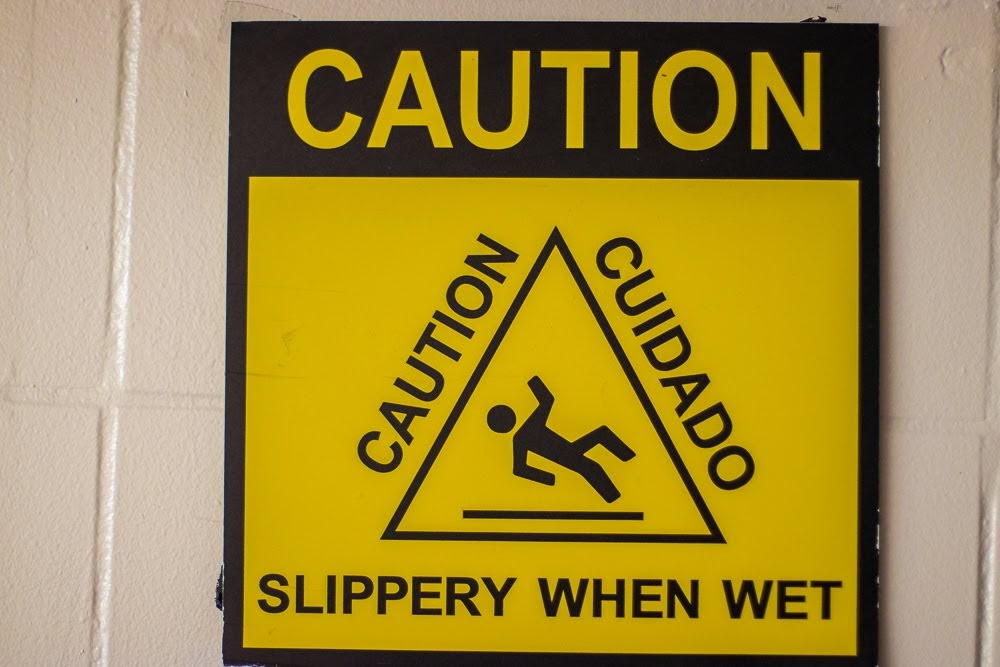Each state has its filing deadlines for lawsuits. The timeframe allowed by your state to file is called the “statute of limitations.” Understanding what the amount of time you have for filing is important because if you miss the deadline, you are out of luck. It will be extremely difficult to move forward with a claim and obtain compensation because your claim is going to be dismissed. There are very limited situations where you may be able to get an extension, but even with that in mind, they are not something you should hold out for.
What Is The Statute Of Limitations For Personal Injury Claims In Wisconsin?
According to Wisconsin Statutes section 893.54, the state allows you to pursue a personal injury claim for three years from the date of the accident. The three-year timeframe in Wisconsin applies to both civil suits which relate to negligence or those of intentional tort where there was deliberate harm done. The date the accident takes place is when the timer starts to tick, so the sooner you can file your complaint with the required paperwork the better.
After the 3 year deadline, you can still attempt to file. However, the individual you are filing against will, without a doubt, file to dismiss the case because it was done outside of the state’s statute of limitations. The courts are going to respond by granting the dismissal as it is unlikely that any of the exceptions will apply.
What Are The Exceptions To the Wisconsin Statute of Limitations?
 There are some situations where the state allows a pause on the timeframe or extension of the time allowed to file. These include:
There are some situations where the state allows a pause on the timeframe or extension of the time allowed to file. These include:
- An individual who is not considered a legal adult, one that is younger than 18 years of age or if the victim is “mentally ill” extensions may be permitted. Once a minor turns 18 or if an individual is considered to have mental competency at that point these individuals get an additional two years to file. According to Wisconsin Statutes section 893.16, an individual that is mentally ill is limited to 5 years for filing before their case is dismissed.
- Wisconsin Statutes section 893.19 indicates that if the liable party leaves the state after the accident and is gone for some time during the statute of limitations period, the statute of limitations guidelines can be modified.
Filing a personal injury claim is a complicated process and there are many considerations a victim must be aware of to proceed with an effective suit. If you have been injured in an accident, don’t wait to seek legal guidance and representation by connecting with a Janesville personal injury attorney at the Alexander J. Smith Law Offices.
Call our team of Janesville serious injury attorneys today to set up a free consultation at (608) 237-7035 for residents of Wisconsin or (815) 2439686 for residents of Illinois.
